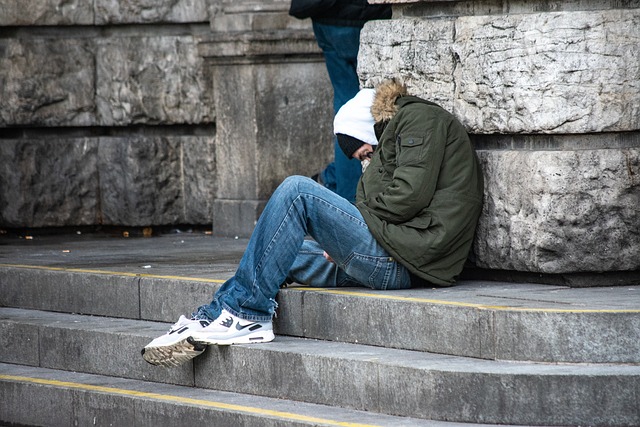The Impact of Social Inequalities on Environmental Justice Amid Climate Change
As we grapple with the realities of climate change, the conversation around social inequalities becomes increasingly urgent. The intersection of these two critical issues—environmental degradation and social disparity—creates a complex landscape that challenges the very essence of justice and equity. While the symptoms of climate change, such as rising temperatures and extreme weather events, affect everyone, it is often the most vulnerable communities that bear the brunt of environmental injustices.
Imagine a community situated near a factory spewing pollutants into the air. Residents, often from marginalized backgrounds, face a double jeopardy: they live in areas with poor air quality while also lacking the resources to advocate for cleaner environments. Here, social inequalities manifest in dire ways, affecting health, economic stability, and even access to basic necessities like clean water and nutritious food. The consequences of these inequalities are particularly evident during climate crises, where those with fewer resources are unable to recover or adapt as effectively as their wealthier counterparts.
Moreover, climate change can exacerbate existing inequalities. Natural disasters, increasingly frequent and severe due to climate change, disproportionately affect marginalized communities. For instance, during Hurricane Katrina, it was the low-income residents of New Orleans who struggled the most, unable to evacuate or secure adequate shelter. Their plight highlighted how social inequalities can be a matter of life and death when environmental challenges emerge.
The environment itself also plays a crucial role in this dynamic. Areas that are rich in resources are often exploited without regard for the local communities who depend on them. Large corporations frequently extract minerals, oil, and natural resources from regions inhabited by indigenous and marginalized groups, leading to environmental degradation and stripping these communities of their livelihoods. Such practices not only amplify social inequalities but also trigger conflicts and displacement, further entrenching cycles of poverty and disenfranchisement.
In tackling climate change, it is imperative to address these social inequalities. A holistic approach that prioritizes environmental justice ensures that no community is left behind. Initiatives such as inclusive policy-making, equitable access to resources, and community-driven solutions can empower marginalized groups and help level the playing field. For instance, investing in renewable energy and sustainable practices in these communities serves as both a remedy for environmental issues and a catalyst for economic growth.
As we confront climate change, let us not overlook the fundamental factors that contribute to social injustices. By acknowledging and addressing social inequalities, we can work towards a more equitable and sustainable future for all, ensuring that the impacts of climate change do not deepen the chasms of inequality but instead foster resilience and solidarity among diverse communities.




